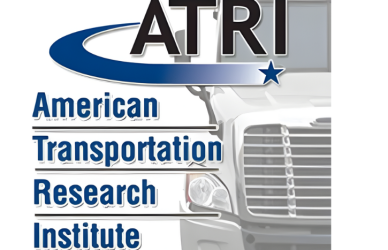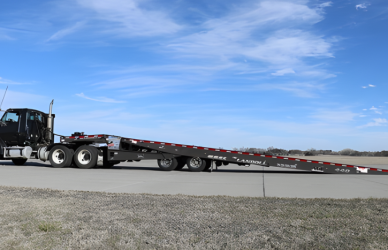Advocates working towards increased gender diversity in the trucking industry adjusted their position regarding an overtime pay exemption while simultaneously crafting a report intended for submission to the Federal Motor Carrier Safety Administration (FMCSA).
This shift occurred during the final meeting of the Women of Trucking Advisory Board (WOTAB) on Nov. 13, a board established last year under the secretary of transportation. It was intended to “review and report on policies that provide education, training, mentorship, or outreach to women in the trucking industry and recruit, retain, or advance women in the trucking industry.”
Included among the Essential Statements in its FMCSA report, a subcommittee within WOTAB initially aimed to eliminate the industry exemption from the Fair Labor Standards Act (FLSA), allowing carriers to bypass paying overtime wages to drivers.
“[The FLSA] is a barrier for women to become drivers, making it hard to support their families and earn a fair wage with basic protections,” according to the subcommittee’s statement.
However, Alexandra Rosen, legislative affairs director at the American Trucking Associations and a WOTAB member, contested the draft statement, arguing that the removal could negatively impact wages, especially for owner-operators who are often compensated based on the load and mileage.
Rosen, an advocate for labor issues, said that removing the FLSA exemption would “upend 90-plus years of labor law, and I don’t think that impact would necessarily reflect” the board’s intentions.
In defense of removing the FLSA exemption, WOTAB member and professional truck driver Kellylynn McLaughlin emphasized a prevalent concern in the industry, stating that drivers often feel uncompensated for their time. McLaughlin clarified that the proposed change would solely affect company drivers, not owner-operators.
“The labor protections that are afforded every other industry and employer do not apply to us. And it’s time to take a good look at our protections and that we receive the same protections as others in the workforce,” she said.
Conversely, Rosen said that truck drivers considered employees under FLSA “are unlikely to receive that increased pay because employers are going to be incentivized to adjust those compensation rates per mile or per load to account for that change, as well as the separate costs associated with overtime hours.”
The debate over driver compensation resurfaced recently when legislation to eliminate the FLSA exemption was reintroduced in both the U.S. House and Senate. While safety advocates and the Owner-Operator Independent Drivers Association endorsed the legislation, some members of the American Trucking Associations, particularly those representing company drivers, strongly opposed it, calling it “a thinly veiled attempt to boost trial attorneys’ fees” that would “reduce drivers’ paychecks and decimate trucking jobs.”
Source: Freightwaves











